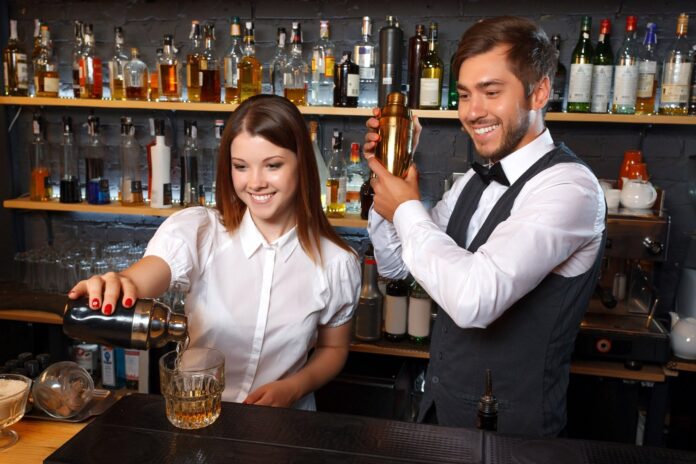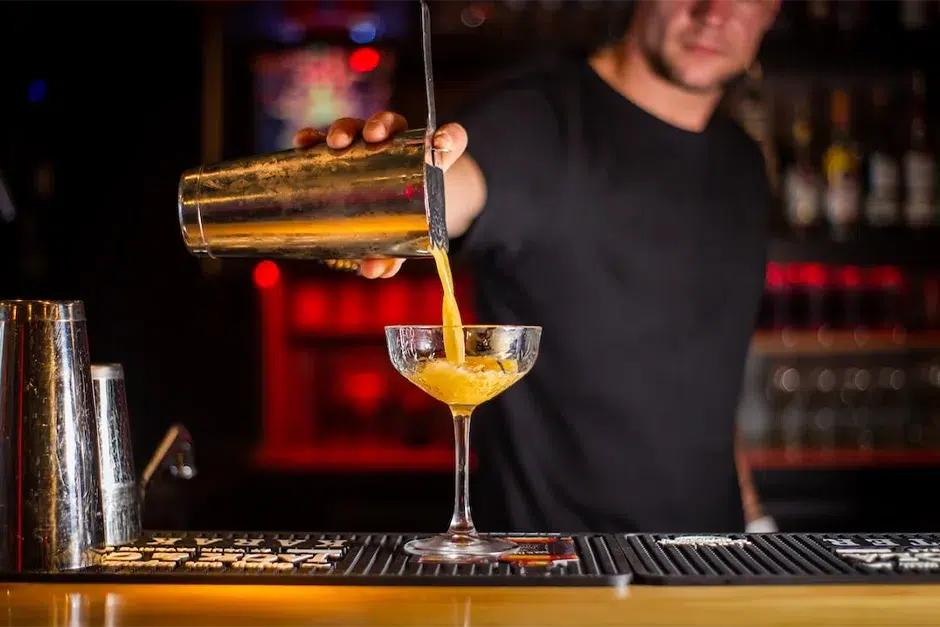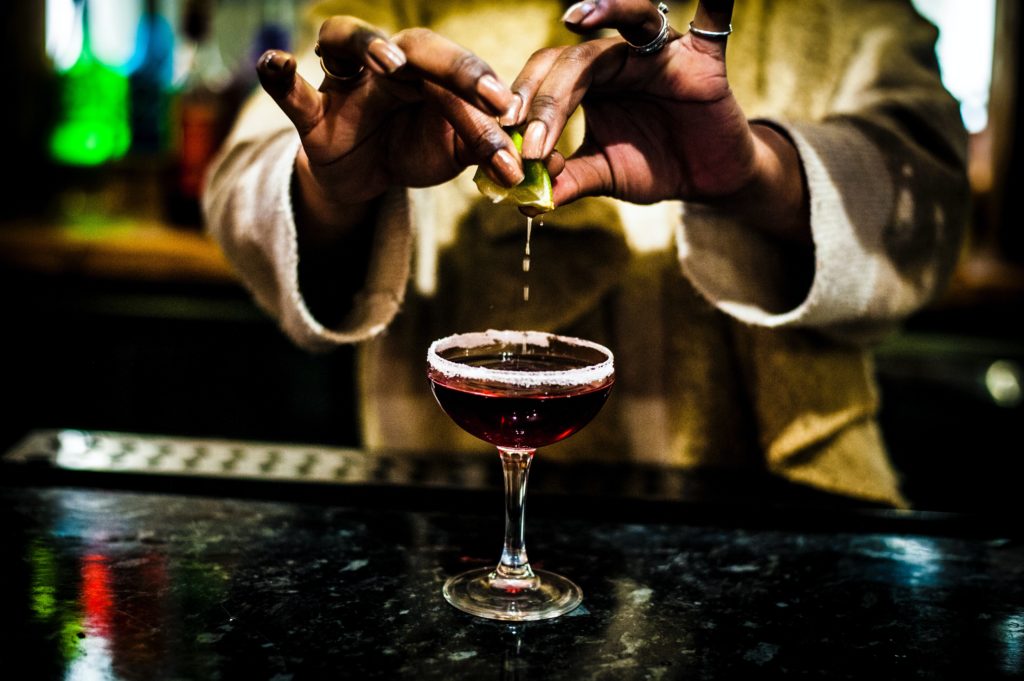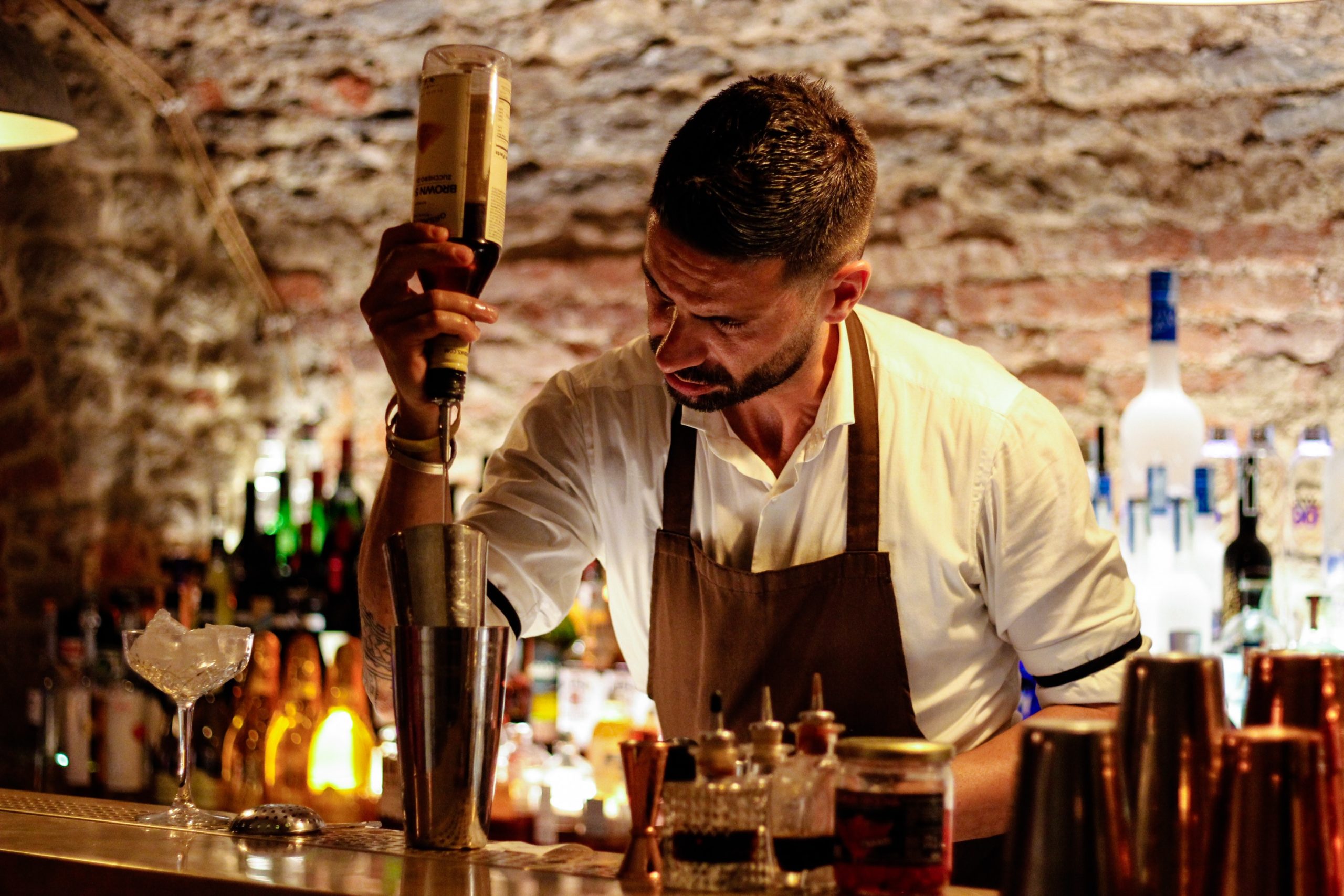
The sound of clinking glasses, cheerful laughter, and captivating conversations are more than just atmospheric elements; they are signatures of unforgettable nights at our favorite restaurants and bars. However, underlying these delightful sounds and memorable experiences is an intricate responsibility that those in the hospitality industry must shoulder — ensuring that every beverage served, especially alcoholic ones, aligns with the highest standards of safety and ethical consumption. In a world where a drink can be both a joy and a potential hazard, the Responsible Beverage Service (RBS) Certification emerges as an indispensable guide.
Introduction to RBS Certification: Setting the Stage

Alcohol, when consumed in moderation, can lead to enjoyable moments, but when abused, it can create scenarios no establishment wants to face. The RBS Certification, therefore, serves as a lighthouse, illuminating the best practices for those in the hospitality and service sectors. This specialized training equips participants not just with rules, but with the wisdom to handle nuanced situations, ensuring that alcohol is served responsibly and potential risks stemming from its consumption are markedly reduced.
The Role of RBS in Upholding the Prestige of Hospitality
In the vibrant world of hospitality, establishments must continually navigate the balance between providing enjoyable experiences and ensuring patrons’ safety. Consider a heartbreaking situation where a patron, after indulging excessively, faces dire consequences such as an accident. This tragedy touches more than just one life; it resonates with families, communities, and could even implicate the very venue that served the alcohol. RBS training is the shield against such potential pitfalls. It empowers bartenders, servers, and managers with the skills to spot early signs of intoxication, counteract underage drinking, and discerningly determine when to halt service.
The Purpose of RBS Certification: Beyond the Basics

At its heart, RBS Certification is not about limiting fun but enhancing it by ensuring everyone’s safety. Its mission is to cultivate an environment where patrons and businesses coexist harmoniously. The program goes beyond just dos and don’ts; it dives deep into the psychology of alcohol consumption, helping professionals understand consumption rates, recognize the varied effects of alcohol across individuals, and master techniques to deftly handle situations that require intervention.
Promoting a Culture of Safe Revelry
When staff undergo RBS training, they evolve from mere servers to guardians of memorable and safe experiences. With this newfound knowledge, they are equipped to ensure that patrons are not just served drinks, but are also safeguarded against potential mishaps. Their vigilance ensures that merriment doesn’t inadvertently spill into realms of danger.
Demystifying RBS Certification’s Target Audience
It’s a misconception that only select individuals in the hospitality sector need RBS Certification. In truth, for a vast majority of establishments – be it the sophisticated bars, bustling restaurants, energetic clubs, or any other venue where spirits flow – this certification isn’t a luxury but a mandate. Why is it so pivotal? Because it bestows those serving alcohol – especially bartenders, servers, and managers – with both authority and a profound responsibility to guarantee that fun remains safe.
Reaping the Rewards of RBS Certification
Being RBS-certified is not just a mark of excellence; it’s a beacon of trust. For professionals, it enhances employability, as many employers recognize and value this commitment to safety. From a business standpoint, establishments with RBS-trained staff often experience financial relief in the form of reduced insurance premiums, given their demonstrated commitment to minimizing risks.
Exploring the RBS Landscape
The world of RBS certification is diverse, accommodating different learning styles and preferences. While traditionalists might lean towards in-person training sessions, appreciating the direct interactions they offer, the digital age has ushered in online courses that appeal to those seeking flexibility. Regardless of the delivery method, the primary focus remains unaltered: championing the cause of responsible alcohol service.
Deciphering the RBS Curriculum
A robust RBS program is comprehensive, leaving no stone unturned. It imparts knowledge on diverse topics, ranging from understanding local and international alcohol laws, mastering the art of checking identifications, to tactfully handling challenging situations. The goal is unequivocal: to arm professionals with a holistic toolkit, enabling them to navigate the intricate maze of alcohol service with confidence and care.
Embarking on the Certification Journey

The pathway to RBS certification might appear daunting, but it’s a structured process. It usually entails enrolling in a chosen program, dedicating time to attend requisite training sessions (be it in a physical classroom or a virtual one), and ultimately, conquering an examination. Given the varied offerings in the market, potential enrollees should ensure they’re well-informed about any specific prerequisites or unique features of chosen programs.
Choosing Your RBS Guide
In the vast ocean of RBS training providers, names like TIPS and ServSafe emerge as lighthouses, guiding many towards responsible service. However, when selecting a program, it’s imperative to delve deeper, scrutinizing factors such as the depth of the curriculum, the duration of training, feedback from alumni, and the provider’s standing in the industry.
The Continuous Journey: Renewal and Upgrades
RBS certification is not a one-time affair. As with many professional certifications, it comes with an expiry date, underscoring the dynamic nature of the industry and its practices. Professionals, thus, are encouraged to renew or recertify periodically, ensuring their knowledge remains fresh, relevant, and in line with current best practices and evolving regulations.

Possessing an RBS certification is akin to having a protective shield. From a legal standpoint, it not only symbolizes an unwavering commitment to safety but can also offer tangible legal safeguards. In certain jurisdictions, the presence of RBS-certified staff can activate “Safe Harbor” provisions, potentially shielding establishments from certain alcohol-related liabilities, further emphasizing the certification’s significance.
RBS Certification: A Catalyst for Change
It’s not just rhetoric; there’s empirical evidence linking RBS certification to tangible positive outcomes. Several cities and regions, post the implementation of comprehensive RBS training, have witnessed heartening reductions in DUI cases and other alcohol-related incidents. This statistic is a testament to the program’s efficacy in fostering safer environments.
Crafting a Future of Responsible Indulgence
In conclusion, the RBS Certification is more than a mere qualification; it’s a testament to an establishment or individual’s dedication to marrying enjoyment with responsibility. For all stakeholders in the hospitality realm, embracing RBS training isn’t just a smart move; it’s an ethical one. As the curtain falls on this introduction, we encourage all aspiring professionals and establishments to explore RBS certification further, championing a future where every toast raised is both joyous and safe.




















